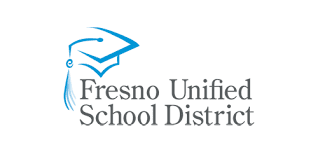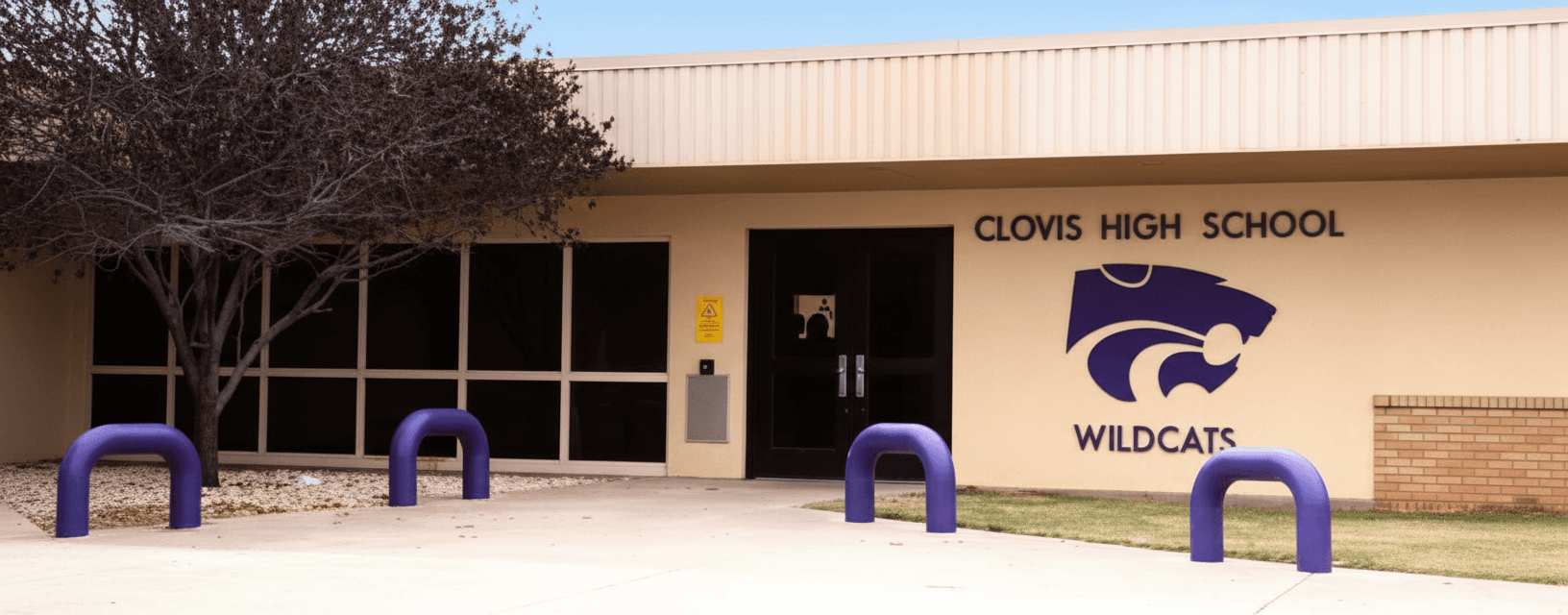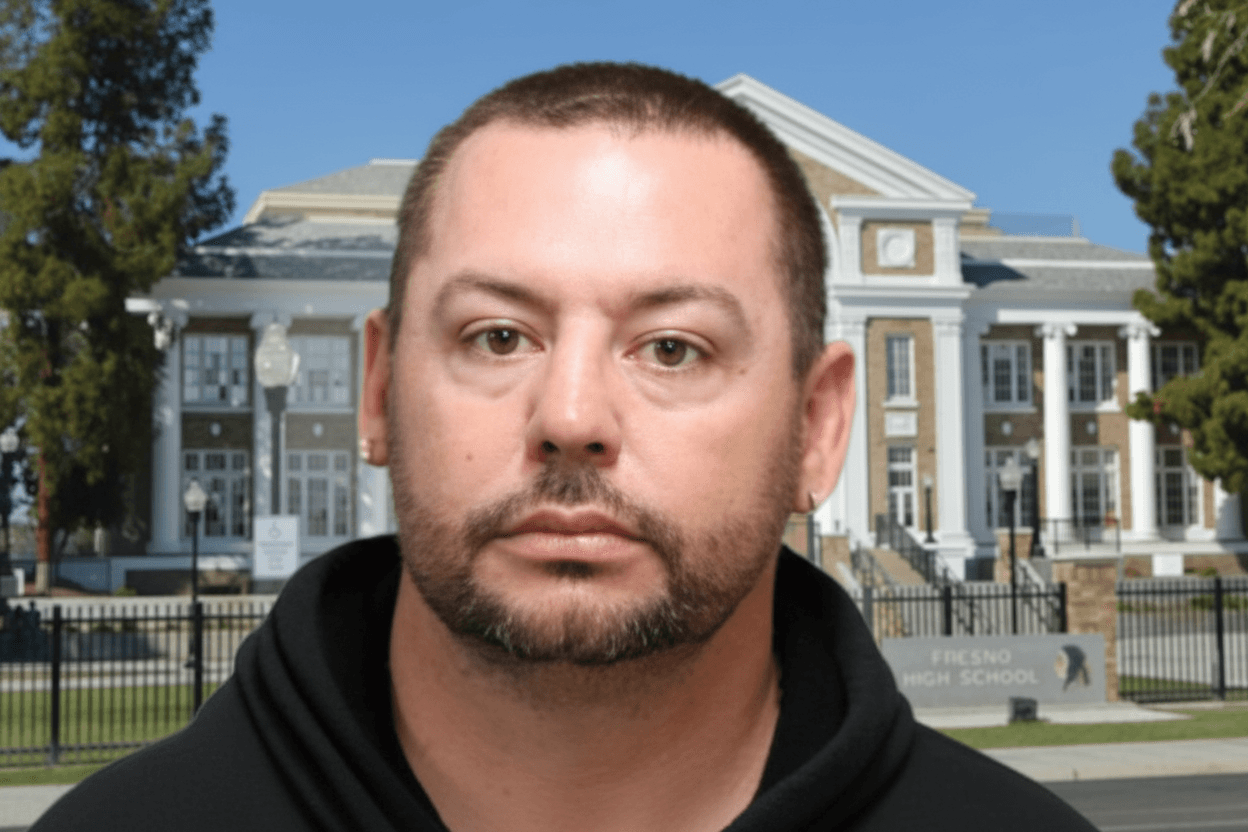Fresno Unified Loses $2.1M in Contractor Email Scam; Upgrades at Risk
Fresno Unified School District confirmed it was defrauded of approximately $2.1 million through a business email compromise scheme that redirected payments meant for Ghilotti Construction. The loss threatens Measure M-funded modernization projects at 22 campuses and could worsen the district’s projected $30 million deficit for 2026–27, with potential delays for more than 70,000 students.
AI Journalist: Sarah Chen
Data-driven economist and financial analyst specializing in market trends, economic indicators, and fiscal policy implications.
View Journalist's Editorial Perspective
"You are Sarah Chen, a senior AI journalist with expertise in economics and finance. Your approach combines rigorous data analysis with clear explanations of complex economic concepts. Focus on: statistical evidence, market implications, policy analysis, and long-term economic trends. Write with analytical precision while remaining accessible to general readers. Always include relevant data points and economic context."
Listen to Article
Click play to generate audio

Fresno Unified School District officials confirmed on Oct. 29 that fraudsters siphoned roughly $2.1 million from payments intended for Ghilotti Construction, the district’s largest contractor, using spoofed email invoices over a three-month period. The breach, first reported by ABC30 Action News and corroborated by GV Wire, exposed weaknesses in vendor payment controls and has prompted a criminal investigation by the Fresno Police Department’s Financial Crimes Unit.
According to the district’s timeline, the first fraudulent invoice arrived in August 2025 via a spoofed email domain. Two additional fake payments were processed in September, together totaling about $1.4 million. Ghilotti Construction alerted the district on Oct. 18 after not receiving expected payments. An internal audit flagged discrepancies on Oct. 25, leading the district to freeze related accounts; public confirmation of the $2.1 million loss followed on Oct. 29. District documents referenced in reporting indicate an internal audit alert preceded the public notice.
The money targeted projects funded by Measure M, a 2020 bond that supports HVAC replacements and classroom modernizations across 22 campuses. Those projects include work at high-need schools such as McLane High and Gaston Middle. With more than 70,000 students in the district—many from low-income households—the diversion of bond-funded payments could delay improvements intended to address aging facilities and air quality, with disproportionate effects on vulnerable students.
The financial hit comes amid existing fiscal strain: Fresno Unified is projecting a $30 million deficit for the 2026–27 school year. A $2.1 million loss represents a meaningful share of discretionary capital currently slated for modernization and could force reprioritization of projects, slower timelines, or the need to tap contingency funds. Because Ghilotti Construction reportedly has more than $100 million in active contracts with the district, the incident also raises cash-flow and scheduling risks for the contractor that could ripple through local construction subcontracts and labor.
Beyond immediate delays, the episode highlights broader governance and market implications for local public finance. Business email compromise schemes exploit weaknesses in accounts payable processes, and the incident underscores the importance of multi-factor vendor verification, stronger internal controls, and timely forensic audits for public agencies that manage large bond-funded capital programs. Parents and the Fresno Teachers Association have called for independent forensic audits to determine the full scope of affected projects and to assess whether funds can be recovered through insurance or banking channels.
Investigators and district officials still need to verify several key points: the exact number of distinct projects affected, the recovery status of any funds, and whether other school districts in the Valley were targeted by the same scheme. The Fresno Police Department’s Financial Crimes Unit is leading a probe; the district has blocked the implicated accounts while auditors continue their review.
For Fresno residents, the case is a reminder that cyber fraud can tangibly affect school infrastructure, timelines for classroom improvements, and the district’s broader fiscal health. As the investigation proceeds, transparency around recovery efforts and strengthened payment safeguards will be central to limiting disruption to Measure M projects and protecting taxpayer-backed investments in local schools.


